Documentary "Maria by Callas" in the cinema: was opera diva Maria Callas a fickle-hearted bitch?
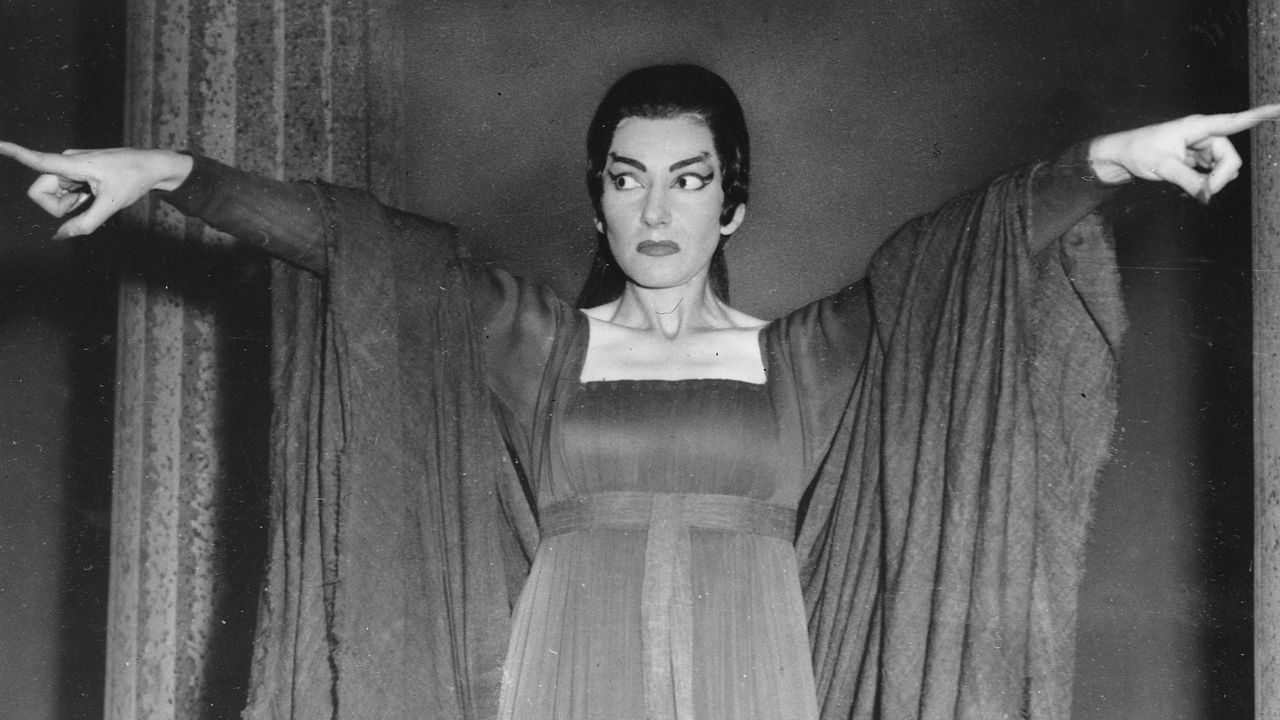
Yesterday it was the premiere of "Maria by Callas", a documentary by Tom Volf. Unique is that in the entire film, you can only hear the voice of Maria Callas herself. Forty years after her death, the famous opera singer tells her own life story on the basis of never-before-seen live recordings, personal super 8 films, intimate letters and rare archive footage. Was she really the impossible diva who just walked away from stage and left full halls in the cold? The film sheds a new light on her temperamental personality.
It is still difficult to imagine how overwhelming the fame of opera singer Maria Callas must have been. Every step she took was world news. People spent the night on the street to hear her sing. That fame put a great deal of pressure on her shoulders, because she didn’t want to admit an inch on artistic quality.
In a TV interview with British journalist David Frost, Callas says, "I have two people in me, I want to be Maria, but I'm expected to be Callas." These high hopes led to sudden cancellations, and gave her the reputation of a fickle-hearted, superior bitch. Was that correct? In the film you will learn how she experienced it herself.
Scandal in Rome
Sixty years ago, on January 2, 1958, Maria Callas was again world news. The Teatro dell'Opera in Rome has just undergone a radical renovation. For the festive reopening, the opera "Norma" by Bellini is scheduled, with Maria Callas in the lead. The entire beau monde of Italy makes an appearance for the gala performance, including the Italian president.
They are all back on the streets after the first act, because La Callas says she is too ill to continue singing. The scandal of the superstar-with-an-attitude is world news, and the reputation of Callas as fickle-hearted diva with too many notes to her singing is definitely established.
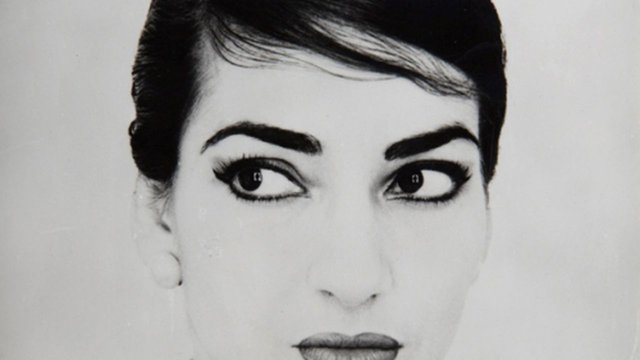
Belga
Callas defends her attitude in the documentary, and through her story you get a more nuanced picture. She was indeed ill: a doctor said it was bronchitis, and one day before the performance, she hardly had a voice at all. She warns the opera director and asks for a replacement as a backup. The answer she got: "no one can replace Callas".
The doctor gives her a horse tranquilizer and she is being persuaded to try it anyway. But after the first act, she feels that she will lose her voice. On artistic quality, she never wants to make concessions. Since the management has not provided anyone to replace her, the performance must be discontinued.
By the way, afterwards, she gets a phone call from signora Carla Gronchi, the wife of the president. She was very understanding. But she fails, however, to confirm in the press that Callas was really ill. Callas did sue the Teatro dell'Opera, that ends only thirteen years later with a settlement. And the theater must definitely recognize that it made a mistake by not providing a replacement.
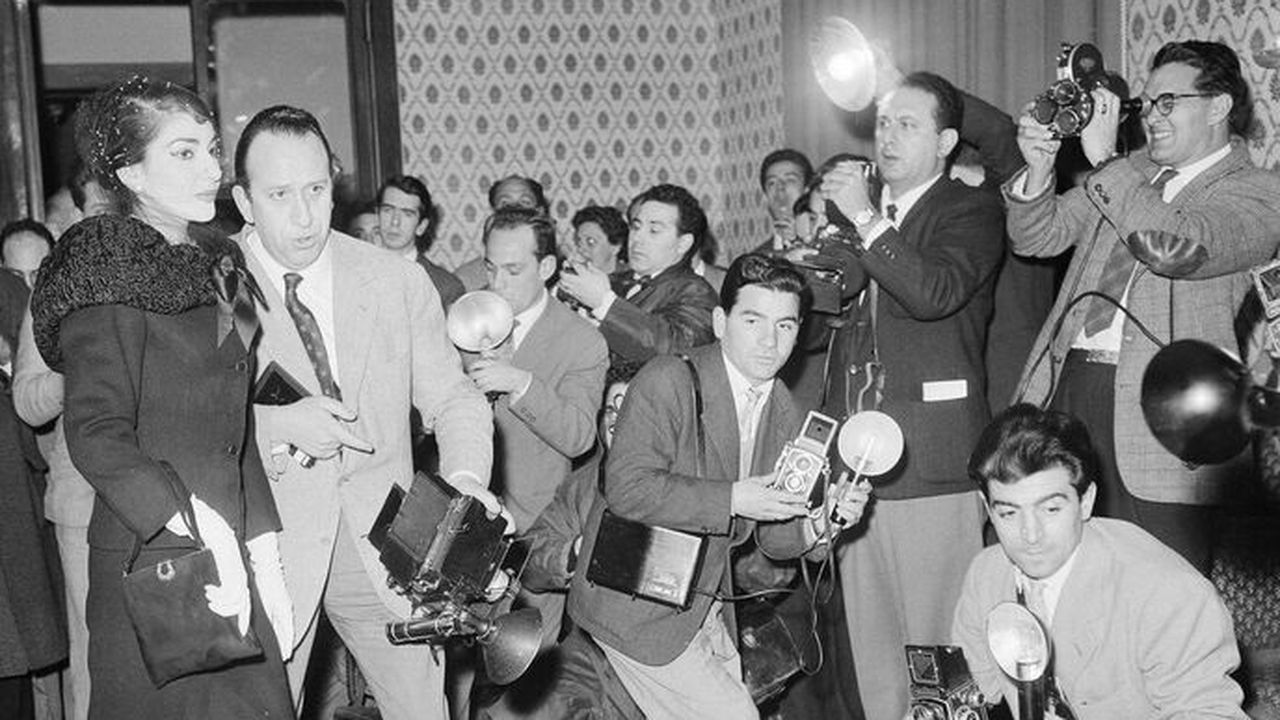
Fonds de Dotation Maria Callas
Argue with La Scala
Less than six months before, there has been a major incident with the famous opera house La Scala of Milan. They were doing the production of "La sonnambula" by Bellini at the Edinburgh International Festival in Scotland, with Callas in the title role. She has a contract for four performances, but the interest is so great that La Scala wants a fifth performance.
Callas refuses, she is too tired. And besides, she promised long before to go to a party in Venice that her friend Elsa Maxwell organizes especially for her. Nevertheless, La Scala announces a fifth performance. There were already posters with Callas, even though she has not signed any documents. Callas leaves, and is portrayed as the Greek fury that leaves La Scala and the festival just like that. Nowhere does the management state that Callas has never agreed for a fifth show, and actually fulfilled her contract.
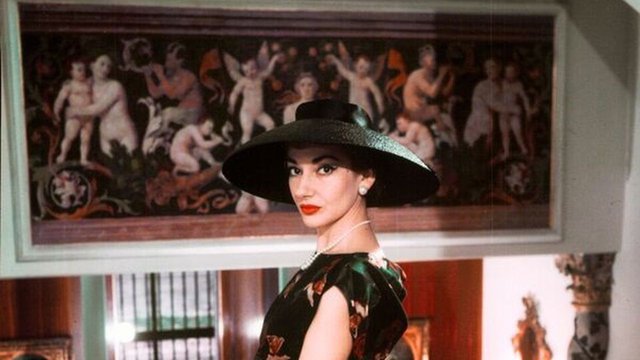
Fonds de Dotation Maria Callas
Fired by the Metropolitan Opera
To make matters worse, there is another run-in with a third renowned opera house: the Metropolitan Opera of New York. Director Rudolf Bing was dreaming big in 1958: he wants to cast Callas in "Norma" by Bellini, "Il barbiere di Siviglia" by Rossini, "Lucia di Lammermoor" by Donizetti, and "La traviata" and "Macbeth" by Verdi. It was enough to put Callas on her heels: these are a lot of roles, with varying vocal ranges, and there are also constantly changing opponents within each production.
She also didn’t want to stick to her routine and sing new roles. Bing is tired of the protracted negotiations, and also wants to make clear who is actually in charge at the Met. Callas is at that time in Dallas for a performance of "Medea" by Cherubini. Shortly before the performance she receives a telegram from Bing in which he cancels her contract with the Met. That dismissal is prompt world news.
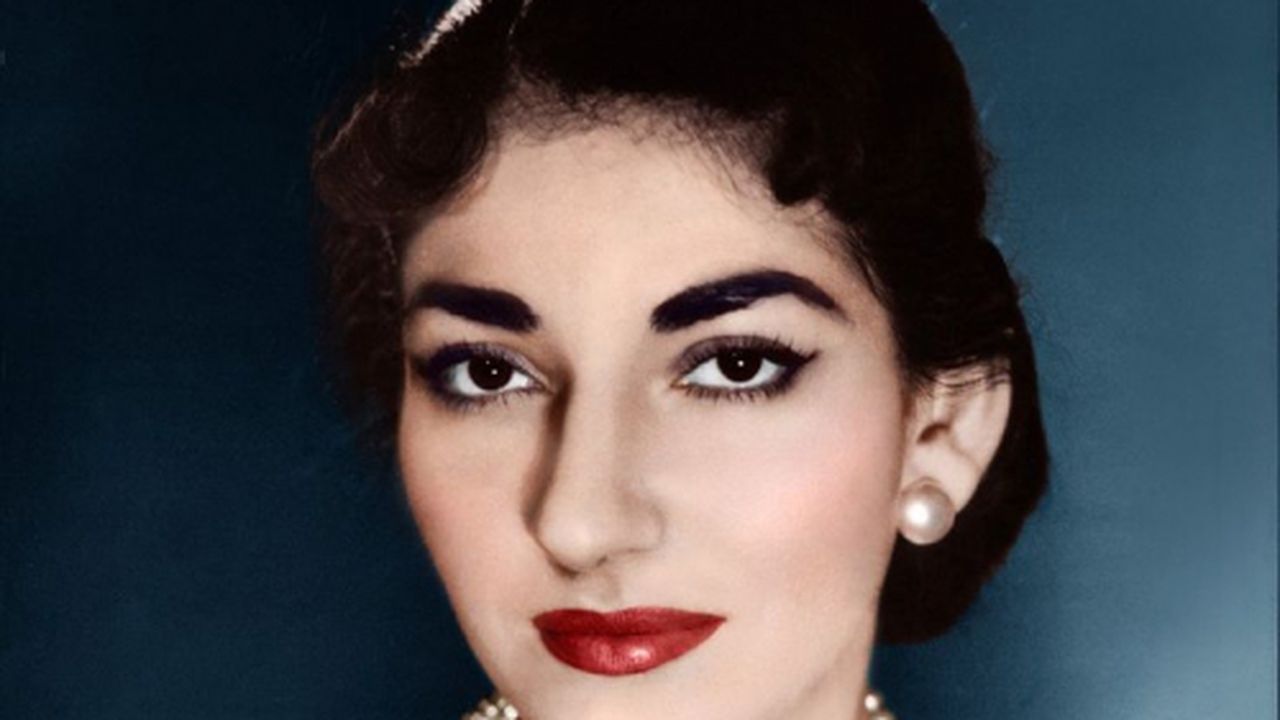
Belga
Callas responds with class. That evening, she appears on stage as an empress, wrapped in an imposing garment lined with ermine, and she bears almost all the jewels she possesses. Conductor Nicola Rescigno still knows how she addresses the entire cast and production team:
You all know what happened. This is going to be a terribly difficult night for me, and I will need the help of each one of you.
Then she gives one of her most volcanic interpretations of "Medea" ever. Rescigno calls her 'historical'. Afterwards her lodge is being stormed by the press, and that is the only moment in the documentary where Maria Callas didn’t mince her words.
She speaks frankly and is letting go her ever stylish and controlled image and lists some of her arguments in a complacent and indignant manner. For a moment we get a glimpse of the hard, demanding star that Callas can be, while she’s also playing a victim’s rol. But her artistic arguments do make sense.
Callas means money
It was, moreover, a nasty surprise for Bing. Callas means money, and impresario Allen Oxenburg is filling the gap and offers her a contract at the American Opera Society. In January 1959 Callas shines in Bellini's "Il pirata" at Carnegie Hall in New York, a stone's throw from the Metropolitan Opera.
Only in 1965 it will come to a reconciliation with Bing, and Callas will return to the Met for two performances of Puccini's "Tosca". Later, Bing would say that Callas was the most difficult artist he ever worked with:
... because she was so much more intelligent. She knew exactly what she wanted, and why she wanted it.
She was an artist off limits. While strangely enough there was something to say about her voice.
Initially, her voice was extremely versatile. Her breakthrough came when she sang the major role of Brünnhilde in "Die Walküre" by Wagner in "La Fenice" theater in Venice.
In the same theater, Margherita Carioso sang the role of Elvira in Bellini's "I Puritani", but she fell ill. Conductor Tullio Serafin summoned Callas to fill in for her. Callas protested: she did not know the role, only had six days to study it, and in between she still had to sing the lead role of Brünnhilde.
Critics could not believe what they were hearing: a dramatic Wagner soprano who suddenly thought she could handle a bright lyrical piece like that of Elvira? That was megalomania. Still, Callas did the unimaginable: she passed with flying colors, and that made such an impression that her career couldn’t be destroyed anymore.
Drastic diet
She was at the summit of her genius in the 1950s, but her voice gradually became somewhat uncertain in the high notes, and her breathing also lost momentum. Perhaps a drastic slimming cure played a role in that latter.
She felt that with her 90 kilos she was not credible in various roles of young heroines. In 1953, she started a strict diet and lost 36 kilos in no time. There are also other reasons for her loss of breath: excessive and wrong use of her voice, a lack of self-confidence, poor health and even an early menopause.
Unique expressive ability
But whatever impurities critics thought to notice in her voice, she still had her unique expressive ability. She could, like no other, express the great emotions in the opera: hope, inner pain, sacrifice, love happiness, tenderness, despair, nostalgia for lost happiness, disenchantment, ambition or revenge. And strangely enough, she never needed the big dramatic gesture: one glance or a slight change in her attitude was often enough to hit people straight in the heart.
Seductive, treacherous and endearing
In the above excerpt from the documentary, Maria Callas sings the famous Habanera from "Carmen" by Bizet: "L'amour est un oiseau rebelle". It is a sample of how seductive, treacherous and endearing la Callas could be at the same time.

Billionaire Aristotle Onassis
The documentary follows her throughout the years, and that includes all the sensational stories that captured the world press. Such as her long-standing relationship with the Greek shipping magnate and billionaire Aristotle Onassis. In the end, he abandoned her to marry Jackie Kennedy, the widow of the murdered American president.
We also see her together with director Pier Paolo Pasolini, during the recording of his (failed) movie "Medea". And those who look closely will see the greats from that time: Marilyn Monroe, Alain Delon, Yves Saint-Laurent, J. F. Kennedy, Luchino Visconti, Winston and Clementine Churchill, Grace Kelly and Liz Taylor.
How gigantic the fame of Callas was, can be seen from the countless fragments in which she is surrounded by crowds of people and press photographers when she arrives at an airport or at an opera house. The images, however, contrast violently with the lonely silence of her later years…